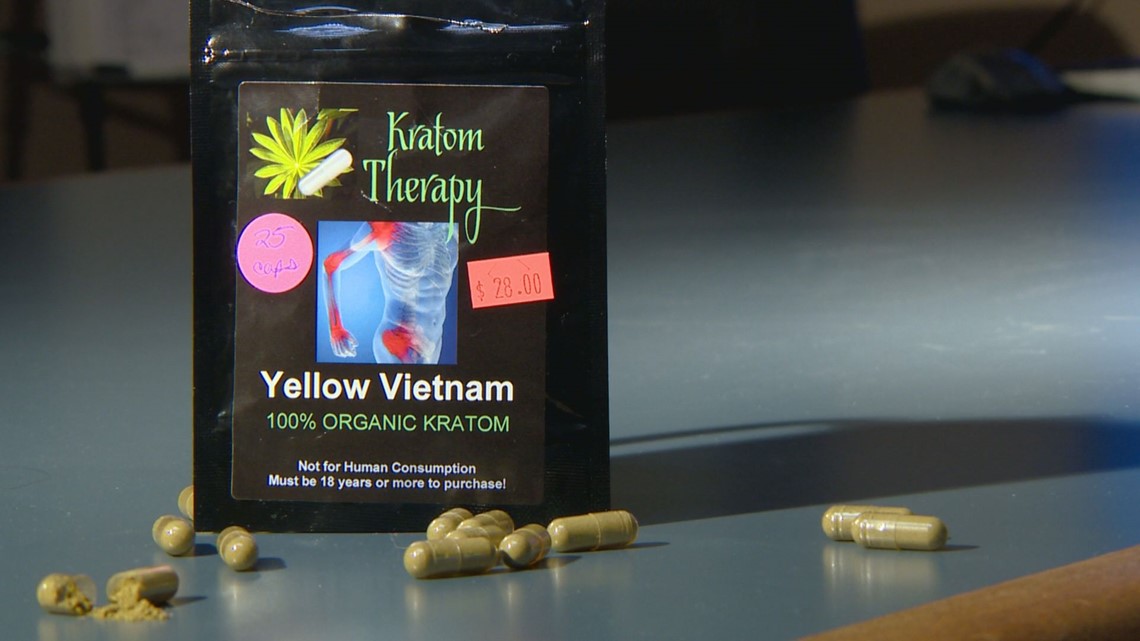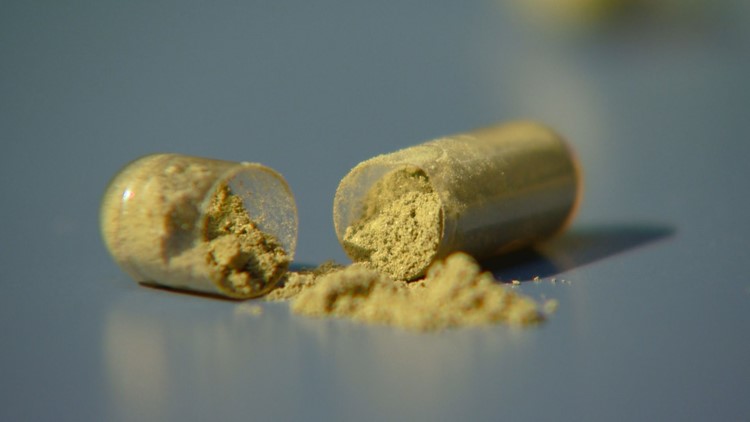ARVADA — The forensic pathologist laid it out clearly in the autopsy report. Andrew Marquez, 36, died from “seizures and anoxic brain injury due to mitragynine (kratom) intoxication.”
But the vocal community of kratom users saw it differently, voicing anger online after 9NEWS shared Marquez's story. People from across the country weighed in insisting the plant has helped them tackle opioid addiction, deal with chronic pain and that it cannot lead to death.
“I am sorry for this family. I don’t want to see anyone die. But there has to be more to this story because the science doesn’t bare out what the medical examiner’s saying,” said David Herman, Chairman of the American Kratom Association (AKA), a consumer organization that works to prevent government regulation of the herbal supplement.
Marquez did have an antidepressant, sertraline, in his system. But the forensic pathologist noted that the drug was “within the accepted therapeutic windows.” The kratom in his blood was detected at a level of 1,600 ng/mL, a level according to the autopsy that was “well above the reported reference range for fatalities attributed to mitragynine use.”


“We have an assumption here by a coroner that he cannot substantiate. There is no scientific data that backs that up. What we have is a very large disinformation campaign coming from the federal government, FDA specifically trying to ban this product at any and all costs,” Herman said.
The forensic pathologist who conducted the autopsy on Marquez offered the following statement:
A classic maxim of toxicology is "The dosage makes the poison". This means many, many things taken into the body in excess can have adverse physiologic effects, including death. This decedent had a modest level of a common anti-depressant in his blood, and a very highly elevated level of kratom. He had no previous history of seizures, and his family reported him taking increasing levels of kratom. He died from anoxic brain injury after having a witnessed seizure. No brain abnormality was present to explain a new-onset seizure. Kratom has been associated with seizures in the medical literature. It is reasonable to conclude that it played a role in the case you have inquired about.
-John Carver, M.D.
There are not extensive studies on the potential harms of kratom. The FDA recently reported that they discovered 44 kratom-associated deaths, but the AKA says there’s no proof in any of the cases that kratom alone was responsible for death.
“We don’t have the burden to prove this doesn’t hurt you. The burden is for the government to improve that in fact it does,” Herman said.
AKA claims that three to five million people use kratom in the U.S. Increased government scrutiny has those users worried that the FDA could push a ban, taking away the supplement those millions of people say they benefit from.
“Your body just feels like it’s the worst flu you’ve ever had and me, with my convulsions, I wouldn’t be able to unclench my arms or my fingers. It was terrifying,” said Faith Day, a former addict who says kratom helped her kick the habit. “To be able to take something and feel normal, I didn’t feel high, I didn’t feel any type of psychoactive anything. I just felt like, hey I can work on my life. I can fix this. I can do this.”
Day now runs a shop in Lakewood called CLEAN Kratom where people can come in and purchase the ground plant. She says veterans with PTSD come in for kratom to help them sleep. Others look for solutions to chronic pain after accidents and many others looking to stop taking pain killers.
She only sells the pure plant product, not extracts or concentrates that she says can be much more potent to a level that causes her concern. Herman, with the American Kratom Association, is open to regulation in that area.
“We just want to be out of the radar of the FDA for the moment and let them go back and work with us on regulating extracts, regulating concentrates, anything that isn’t the natural leaf and powder. We’d like to walk hand in hand with the FDA on that regulation. But the leaf and the powder itself, they don’t harm anybody, and we believe they should leave it alone.”



